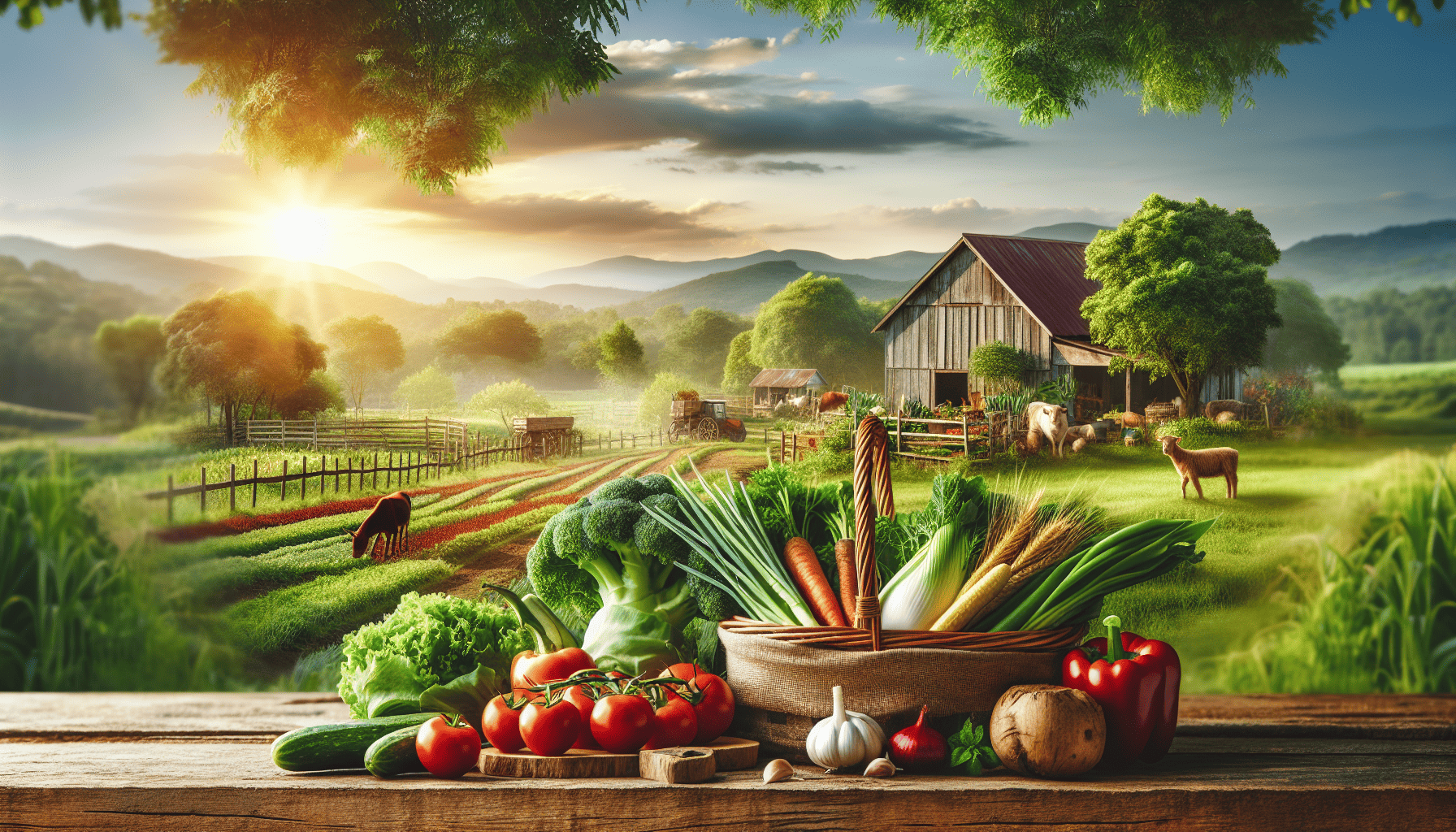As we approach 2024, the landscape of organic farming is poised for transformative changes, driven by both consumer trends and emerging agricultural innovations. The growing demand for natural products is reshaping how food is produced, distributed, and consumed. This trend represents not only a shift in consumer behavior but also presents a considerable array of challenges and opportunities for the organic farming sector.
In recent years, consumers have become increasingly conscientious about what they eat, striving for health-conscious, environmentally friendly, and ethically produced products. This has led to a surge in demand for organic foods, which are perceived as healthier, safer, and more sustainable alternatives to conventional produce. This perception is fueled by concerns over pesticides, genetically modified organisms, and a desire for foods produced through environmentally friendly farming practices.
However, as organic farming endeavors to meet these demands, it faces several challenges. One of the most pressing issues is the need to balance scalability with sustainability. Organic farming is typically more labor-intensive and less productive per acre compared to conventional methods. As the demand grows, so does the pressure on organic farmers to increase output without compromising their principles of minimal synthetic inputs and enhanced ecological harmony.
Additionally, organic certification processes can be rigorous and costly, posing a barrier to entry for small-scale farmers. The necessity to adhere to stringent regulations to maintain certification and meet consumer expectations can add financial and operational burdens. There's a significant opportunity here for innovation in the regulatory, logistical, and financial arenas to support these farmers.
In this context, technological advancements offer promising solutions. Precision agriculture, powered by data analytics, artificial intelligence, and IoT technologies, holds the potential to revolutionize organic farming. By optimizing resource use, improving pest management, and enhancing crop yields, technology can help organic farmers overcome traditional limitations.
Moreover, innovation in supply chain management can further bolster the organic sector. Traceability technology, such as blockchain, can ensure the integrity of organic claims, building consumer trust and supporting brand reputation. Meanwhile, improvements in distribution logistics can help reduce food miles and spoilage, aligning with consumers' sustainability values.
Another opportunity lies in regenerative agriculture practices, which go beyond organic standards by emphasizing soil health and biodiversity. These methods not only maintain the ecological balance but also contribute to carbon sequestration, offering farmers additional revenue streams through carbon credits while appealing to eco-conscious consumers.
Education and collaboration will play a pivotal role as the organic industry evolves. Encouraging knowledge exchange among farmers, agronomists, and researchers can lead to the development of more resilient organic farming systems. Partnerships between the private sector, government, and non-profits can facilitate investments in research and infrastructure, supporting the transition toward a more sustainable and productive organic agriculture model.
The consumer-driven momentum coupled with technological advancement heralds a promising future for organic farming. If addressed thoughtfully, the challenges it faces can transform into opportunities for growth, cultivation of biodiversity, and promotion of healthier ecosystems. As we move into 2024, the continued evolution of organic farming holds the potential not only to meet today's demands but to lay the groundwork for a more sustainable food system for future generations.
